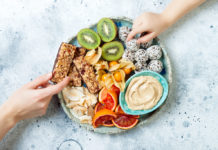In recent years, the topic of vegetarianism and raw food has not diminished in popularity in terms of the frequency of searches on Google, and heated discussions have not subsided on forums and social networks. If you want to get an assortment of conflicting opinions - start a dispute on one of these topics, you are guaranteed to learn a lot of new things!
This article will help you to understand the issue a little deeper and find out how you can replace meat with vegetarianism without harm to health.
Content
Behind the scenes of vegetarianism
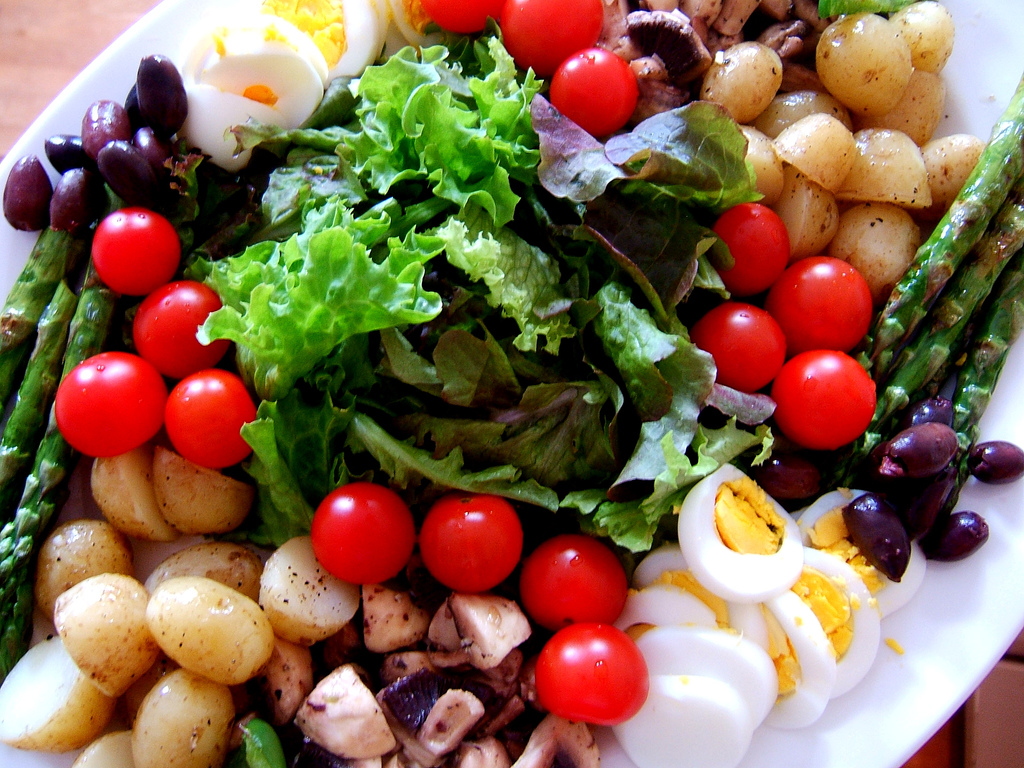
A true vegetarian follows eating habits that are not tolerated in the diet of heavy foods. The daily menu does not include game meat and other animals, as well as bird eggs, broths and sauces.
There are many reasons for avoiding meat in the media. Avoiding meat products is popularized, and studies are cited that raise doubts about the benefits of meat and the health of its fans. It is not known for certain whether the daily consumption of meat products directly affects the growth of cardiovascular and oncological diseases, but that meat eaters are at risk.
Below we will try to clarify the situation with the amount of protein recommended for daily use and products that are not inferior to meat products in their nutritional value.
When a baby appears in the family and steps over four months of age, it is recommended to introduce complementary foods in addition to mother's milk or formula. Most often these are vegetable and meat purees without salt and sugar. Caring grandmothers, in any of our doubts about the need for meat complementary foods, will immediately intimidate young and inexperienced parents with "horror stories" about iron deficiency anemia and catastrophically low growth of the baby, from which only meat can save. More often than not, parents obey also because they themselves were fed so, and nothing - they grew up healthy.
Many menus have been invented for those who do not consume meat, scientists are researching the issue and making arguments for and against, many scientific papers are written about the dangers of meat products on the digestive system. You can argue about the pros and cons for an outrageously long time, but one thing is clear - many famous people, movie stars and show business stars have long switched to plant foods and see only positive aspects in this. Regular observers can only appreciate their slimmer figure, fresh and vigorous appearance and improved health.
After reading such information, there is interest in such a diet and the arguments in favor of meat remain less and less.
We are all, to one degree or another, afraid of public opinion. That is why, many are delaying the transition to plant-based nutrition due to the ambiguous reaction of relatives and employees in the office. But the main fear is the fear of "depriving" your body of useful substances that animal food supplied it. But is animal protein as irreplaceable as it seems to us? Consider below.
What changes in the body with the use of animal proteins
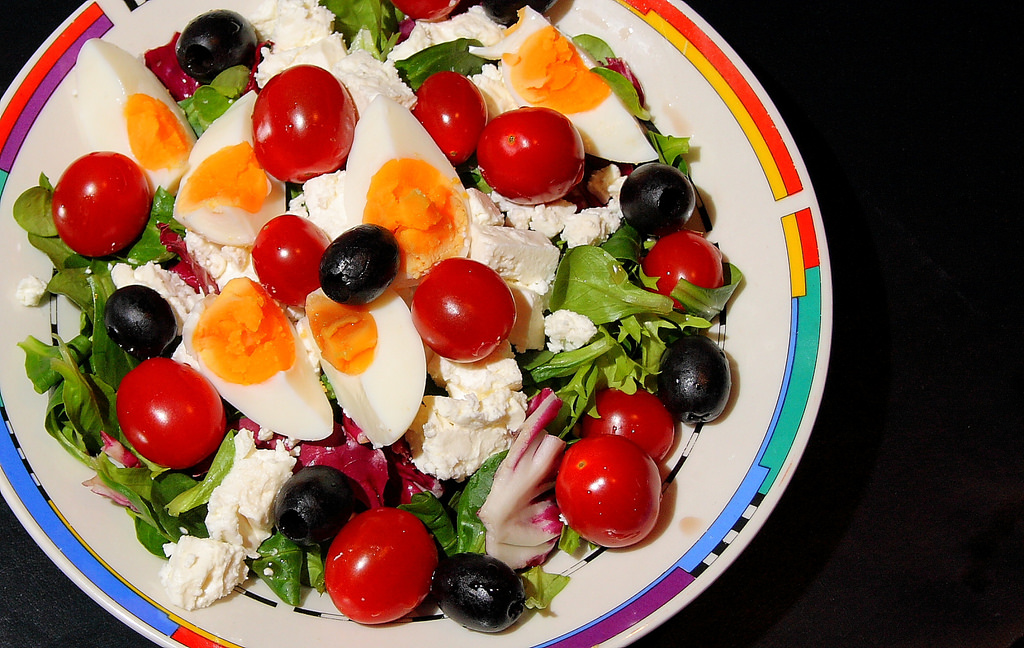
First, you should clarify how animal protein is useful and whether it can be replaced with other products.
When a protein begins its journey through the human body, it cannot be absorbed immediately.The fact is that the composition of the DNA chromosomes in Homo sapiens and in the beast is different, and if the composition is not identical, then it cannot be suitable for a person for the simple reason that we would also become animals if the match was one hundred percent.
For a human protein molecule to see the light, the body must carry out work on dividing animal proteins into amino acids. After that, a human protein will be created from these amino acids.
It turns out that the body does not need animal proteins at all, but the amino acids that make up its composition. Although animal protein has a complex of all the necessary acids for the construction of new molecules and cells, these amino acids can be successfully obtained not only from animals, but also from plant foods, the types of which are great.
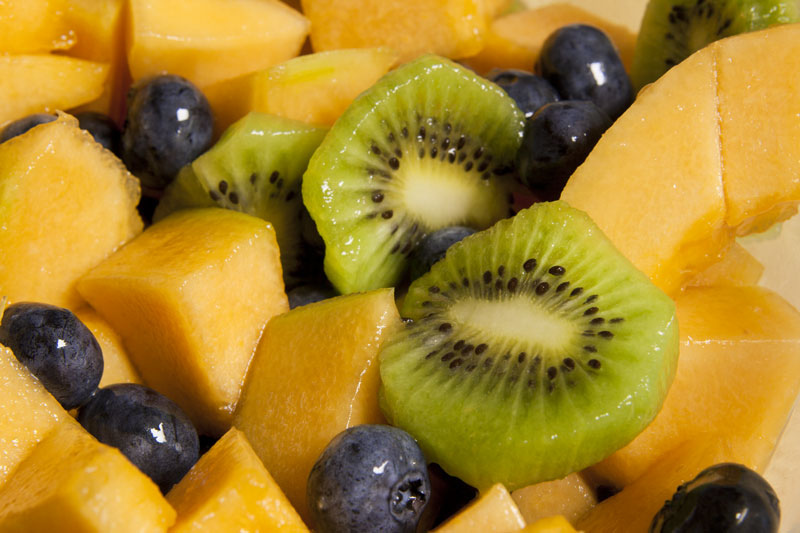
Meat saturates for a long period of time, and in order to digest it, the stomach needs to work very hard. The human digestive system differs from the beast, and with all the desire it is not able to fully assimilate the absorbed meat food. The mucous membrane is able to do this with the help of pepsin, but even its power is not enough, and about 38% of the consumed protein remains undigested and cannot be absorbed. His further path - straight through the intestines and into the blood, giving the body harm.
After that, decay products accumulate, the number of leukocytes increases, there are more toxins in the liver, and the body inevitably accumulates toxins in itself. In the beginning, it will not be noticeable, but then, "quite by accident", an allergy to ragweed, weeds, dust and molds appears. A person is unsuccessfully treated for a cold (the symptoms are similar), he runs to doctors until he finally hears a diagnosis, and then he is surprised - after all, no one in the family suffered from allergies.
The second, adverse side effect is tumor growth. Cells begin to divide, and at what point the transformation into cancerous occurs is almost impossible to predict. Therefore, it is easier to prevent such changes than to reap the benefits later.
You can help your organs not to overwork and not spend all their energy on digesting food. To do this, you should pay attention to plant foods.
Where to find protein for a vegetarian
 In order for the body to receive the entire "set" of amino acids, one should simply be more responsible in the choice of food.
In order for the body to receive the entire "set" of amino acids, one should simply be more responsible in the choice of food.
You can "start" the synthesis of amino acids in the body with the help of fiber, which is rich in fruits and vegetables. Carbohydrates “hide” in cereals, cereals and hard pasta. The fat balance is easily replenished with the use of vegetable oils.
Our body includes nitrogen. When carbohydrate and fat molecules enter the body with food, protein synthesis occurs together with nitrogen ones. As a result, toxins will not accumulate, the risk of cancer will decrease, and the body will receive protein.
Foods that the “new-baked” vegetarian will find plenty of protein, for example:
- Fermented milk products: kefir, fermented baked milk, curd cheeses;
- Nuts: hazelnuts, cashews, walnuts, pine nuts;
- Sunflower seeds, pumpkin seeds;
- Corn, red and white beans, chickpeas, lentils, green peas;
- Fruits: peaches, pomegranate, banana, apples;
- Groats: buckwheat, pearl barley, oatmeal, millet, bulgur;
- Greens: dill, parsley, watercress, leafy sorrel, broccoli, cauliflower.
Greenery

Eating greens and fresh vegetables every day, the body not only replenishes the reserves of important microelements and strengthens the teeth, but also starts and normalizes the mechanisms of digestion.
Pros:
- The amount of trace elements increases;
- Positive effect on tooth enamel;
- Digestion is improved.
Minuses:
- Do not saturate.
Cereals
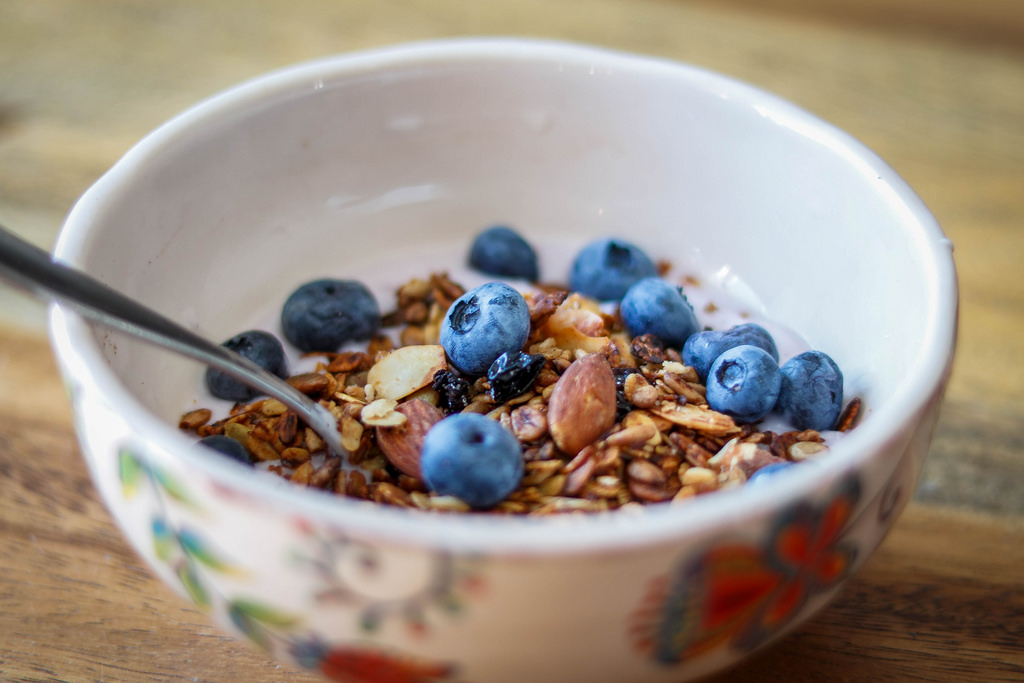
Cereals and cereals are a real vitamin "bomb" that feeds a weakened body, especially in the autumn-winter period. If you add berries to a plate in the morning to traditional oatmeal, it will turn out not only beautifully, but also healthy. Immunity will only be grateful.
Pros:
- Energy for the whole day;
- Restores immunity;
Minuses:
- Not found.
Buckwheat grain
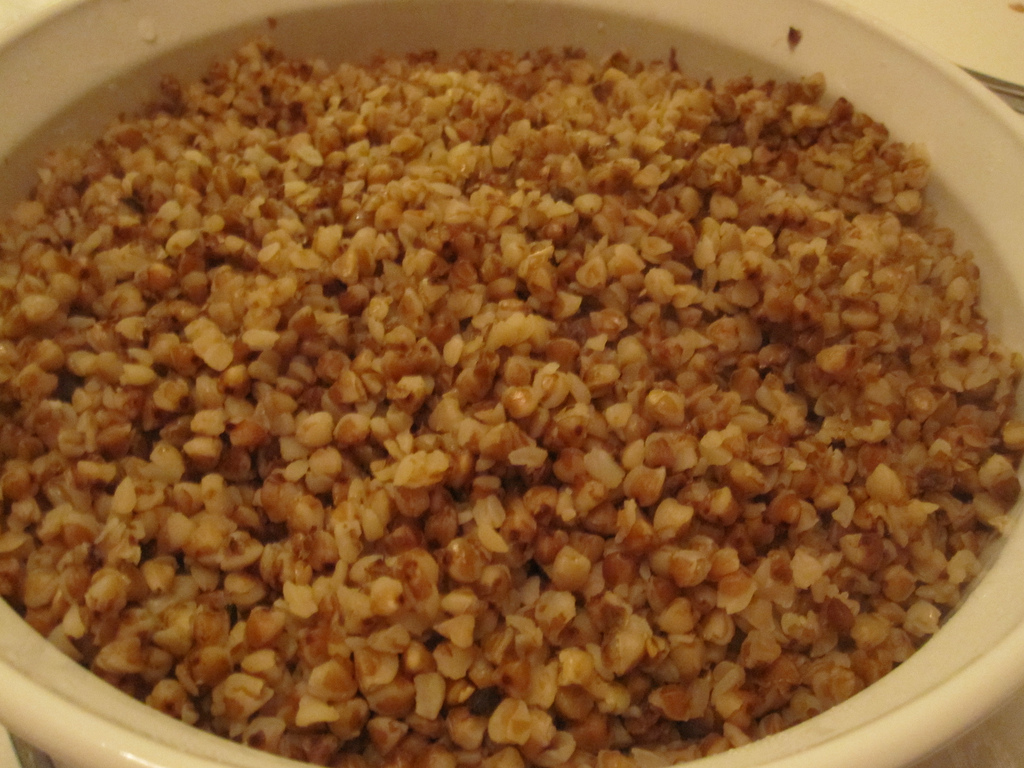 Buckwheat, in addition to a source of vitamins and minerals, is also a powerful antioxidant, and also removes salts of heavy metals from the body that contribute to allergies.
Buckwheat, in addition to a source of vitamins and minerals, is also a powerful antioxidant, and also removes salts of heavy metals from the body that contribute to allergies.
Pros:
- Cleans the body of toxins;
- Saturates well.
Minuses:
- Not found.
Nuts
 All the valuable Omega-3 acids, for which fatty fish are so fond, can be easily found in nuts.
All the valuable Omega-3 acids, for which fatty fish are so fond, can be easily found in nuts.
Pros:
- All valuable Omega-3 acids;
- Saturates well.
Minuses:
- Difficult to digest, not suitable for people with diseases of the gastrointestinal tract.
Milk products
The use of dairy products in vegetarianism is not prohibited, but in the whole "milk" there is "insidious" casein, which often causes indigestion and is not absorbed. Moreover, more and more people suffer from lactose allergy, which means that this item should not be considered when switching to vegetarianism.
Pros:
- Calcium, good taste;
- High degree of saturation.
Minuses:
- Indigestion upset.
- Casein - May cause allergies, affects the leaching of calcium from bones, and promotes tumors.
If you are uncomfortable without dairy products, or you don't want to change your eating habits so radically, it is recommended to switch to farm products, they have a short shelf life, which means there are no chemical additives. Farm milk will have to be boiled, but there will be no harm to health, unlike store-bought Tetra Pack.
Every food we eat contains a different amount of protein. Every day, our body also processes its own protein, in the amount of 200 grams. To see the percentage of proteins in each of the foods, all the most popular types are collected in the table below:
| Name | Percentage value |
|---|---|
| Peaches | 11 % |
| Banana | 6 % |
| Sweet cherry | 7 % |
| Squash | 13 % |
| White grapes | 6 % |
| Mandarin | 9 % |
| Blackberry | 8 % |
| Cherry tomato | 15 % |
| Watermelon | 5 % |
| New potatoes | 10 % |
| Rice Indica | 7 % |
| Durum pasta | 16 % |
| Leaf salad | 25 % |
| Cauliflower | 18 % |
| Eggplant | 14 % |
| Radish | 15 % |
| Green pea | 11 % |
| Parsley | 20 % |
| Sorrel | 21 % |
| Hard cheeses | 27 % |
| Ryazhenka | 20 % |
| Omelet | 38 % |
| Popsicle | 10 % |
| Pork goulash | 51 % |
After looking at the table, the benefits are clearly visible, and it is easier to calculate the required amount of protein.
How much protein should an adult and a child consume?
 Following the recommendations of the World Health Organization, an adult is recommended to consume from 66 to 115 grams of protein food daily for the male part of the population and from 55 to 80 grams for the female part of the population.
Following the recommendations of the World Health Organization, an adult is recommended to consume from 66 to 115 grams of protein food daily for the male part of the population and from 55 to 80 grams for the female part of the population.
For babies under one year old, from 2 grams is recommended, and for children over two years old - from 33 to 70 grams. The data are based on the daily intake and on the basis of 1 kilogram of weight.
Per day, an adult is recommended to fill from 40% of the diet with protein food, children need more - from 55 percent.
For comparison, in the table below we will see how much protein is present in different types of meat:
| Name | Percentage quantity |
|---|---|
| Calf meat | 29,9 % |
| Chicken fillet | 23, 2% |
| Turkey meat | 21,1% |
| Rabbit meat | 22% |
| Beef tenderloin | 23,4% |
| Pork meat | 19 % |
| Mutton | 18 % |
If you carefully study these tables and compare them with the recommendations of the World Health Organization, it turns out that only pork meat needs about 200 grams for an adult.
Even without delving into calculations and remembering what percentage of meat is not absorbed by the body, it becomes clear how much the risk of developing allergies and related diseases increases. If a person managed to earn a hay fever for himself, then this, alas, is forever. The spring-summer period will have to be endured only in an "embrace" with antihistamines, because the symptoms can only be dulled, but cannot be cured. What's more, people with allergies are at high risk of developing asthma, which can be fatal if not properly monitored.
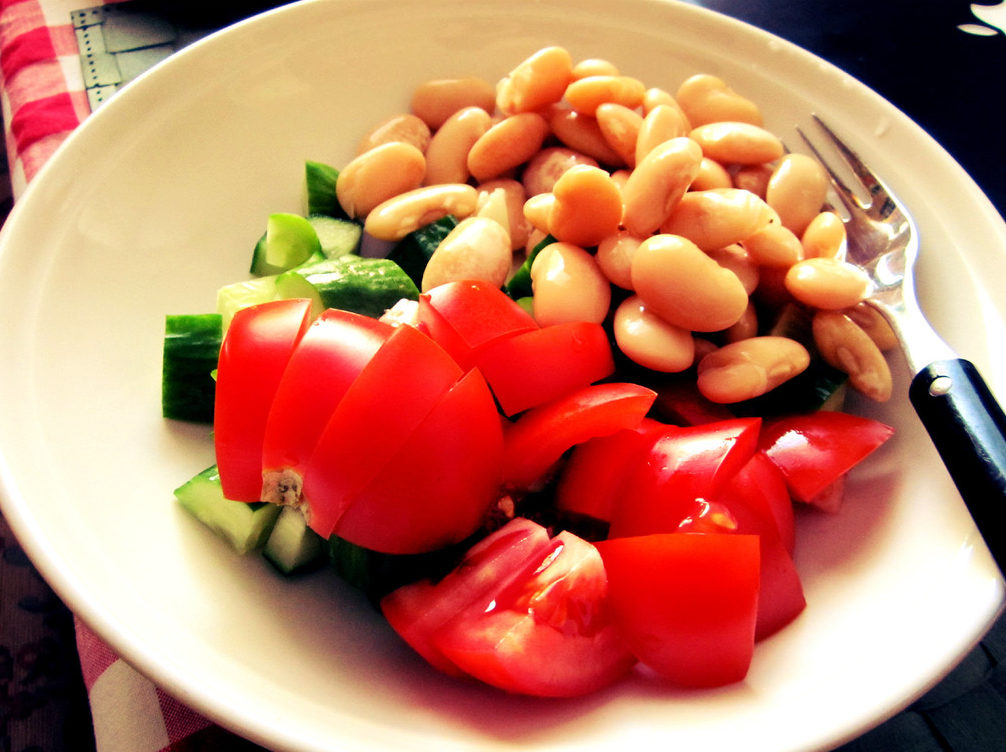
For the sake of meat producers and pharmaceutical companies, the norms dictated to the population are overestimated, this is said and evidenced. Anyone who is capable of critical thinking will wonder why he needs so much protein.
For example, babies drink breast milk for active growth and development of all body systems, while milk contains only 5% of protein calories. With babies, it is clear that they have fast growth ahead, and an adult does not need to grow, the main thing for him is regeneration and proper renewal, as well as the ability to quickly recover from injuries and traumatization.
That is why it is enough for an adult body to consume about 11% of proteins, of the amount of all food eaten per day. In this ratio, the body will function comfortably, there will be no heaviness after eating.
Celebrities who don't eat meat

Many stars of theater, cinema and show business have already stepped on the side of vegetarianism. Musician Paul McCartney has been a vegetarian for many years and is happy with this diet. Among his colleagues in the workshop, they refused meat:
- singer Avril Lavigne;
- Sum 41 group;
- musician and actor Jared Leto;
- singer Bono;
- group Bi-2;
- Chicherin;
- Singer Linda;
- Actor Brad Pitt;
- Actress Scarlett Johansson;
- The legendary Kurt Cobain was also a vegetarian;
- And many others.
Output
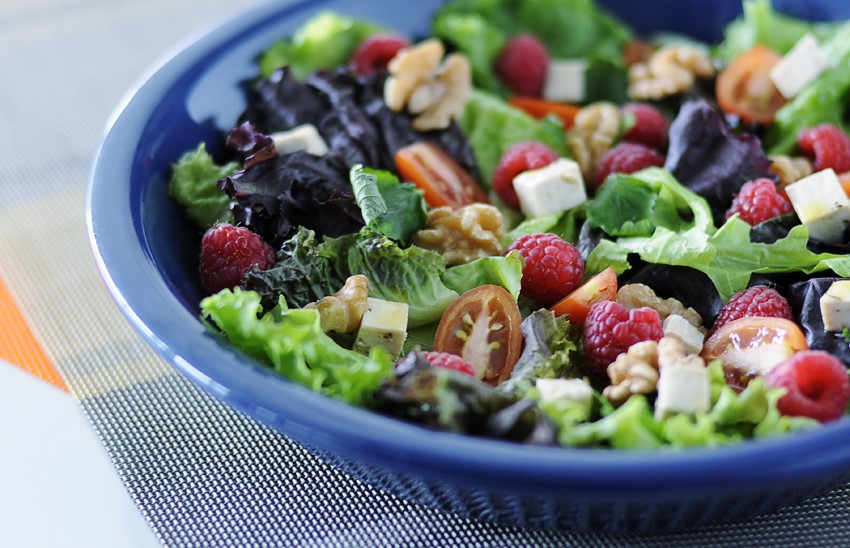
If the thought of switching to a vegetarian diet has become tempting for you, you should delve into this topic in more detail, read publications and books, familiarize yourself with their content and choose suitable recipes for preparing mouth-watering dishes, "without the participation" of meat, for example, vegetarian salads.
We live in the era of social networks, and on the part of vegetarianism, there are also many materials, articles and stories from the personal experience of those who are already confidently following this path.
Videos, interviews and blogs of famous people who decided to give up meat will provide the necessary information, motivate and inspire positive changes in life.
And the site "bestx.htgetrid.com/en/" will always become an assistant in finding the necessary and useful information for every question that interests you!

